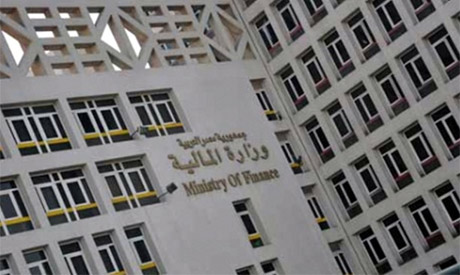
Egypt's real estate tax countdown begins

Owners of residential and commercial property in Egypt have until mid-August to pay the new property tax or prove that they are exempt. The tax, while passed in July 2013 had not been implemented until recently. Owners can make enquiries about the amount of tax due to the Real Estate Tax Authority (RETA) over the Internet, and the authority will also send agents to the property concerned to collect the needed documents. Amira Hisham, who has an apartment in New Cairo, was interviewed this week by the RETA. She was told that as the market value of her flat is less than LE2 million, it will be exempted from the new tax, especially as it is the only property she owns. Under the new law, a family can be exempted from the tax if it owns only one unit of real estate, but extra units in the names of children or wives are not exempted. The LE2 million exemption refers to the family’s main residence alone. If an individual owns two units each valued at less than LE2 million, one will be exempted while the other will be subject to the tax. To the relief of taxpayers, RETA head Samia Hussein said in an interview last week that the tax on a LE2 million flat would not exceed LE120 a year. However, the tax, first introduced in 2008 and amended in 2014, is still raising controversy. Social networks were abuzz last month with questions about its constitutionality, with Minister of Finance Mohamed Maait stressing that the Supreme Constitutional Court had ruled in 2002 that non-income-generating real estate would be taxed. Ahmed Mansour, the owner of a flat in the popular Cairo neighbourhood of Shubra, said that families could not afford the extra burden of the tax as already high prices were depleting their incomes. Sherine Al-Shawarbi, a professor of economics at Cairo University, said that taxes of this kind were applied in most countries in order to provide income for local government and guarantee financial decentralisation. However, she said that factories and other production units should not be subject to the tax in order to encourage investment.
